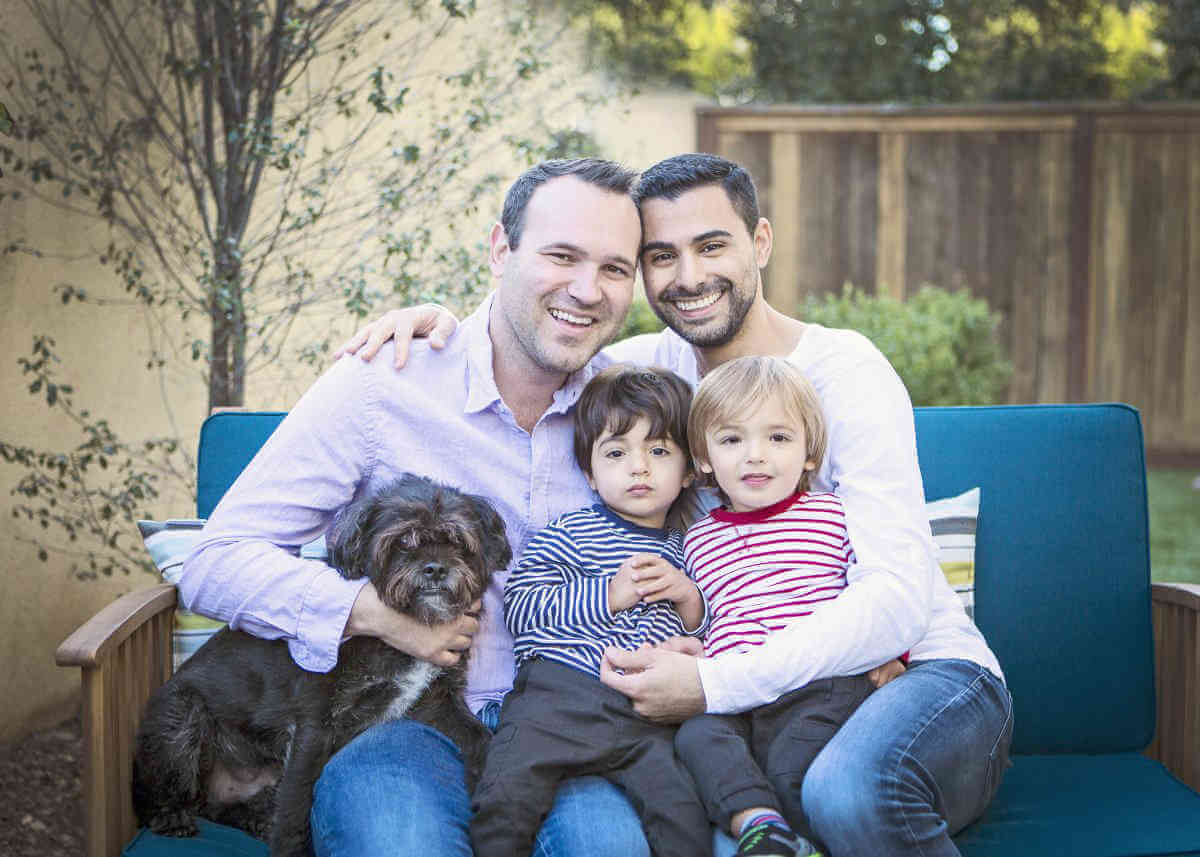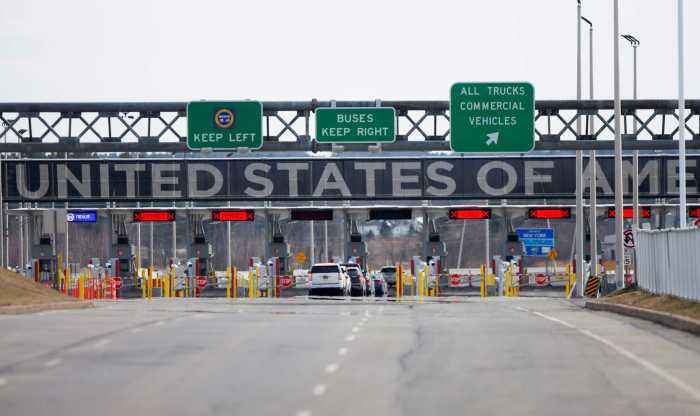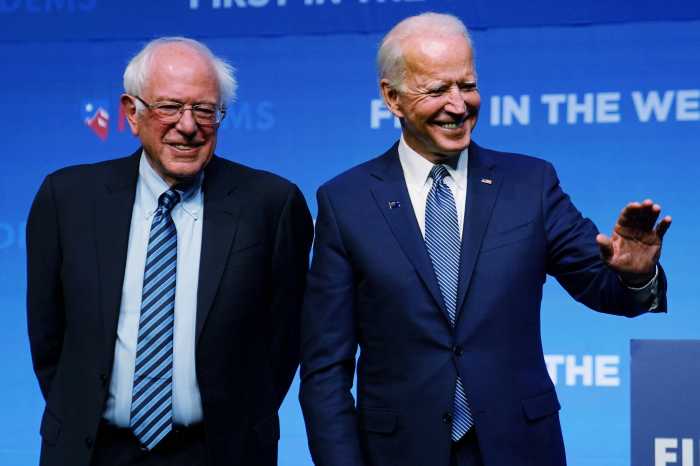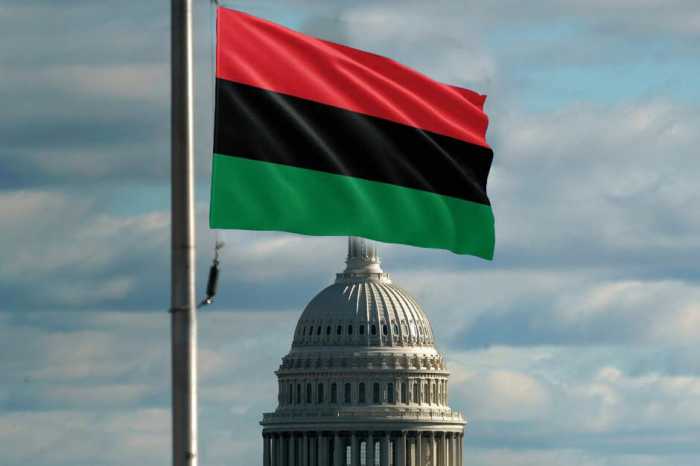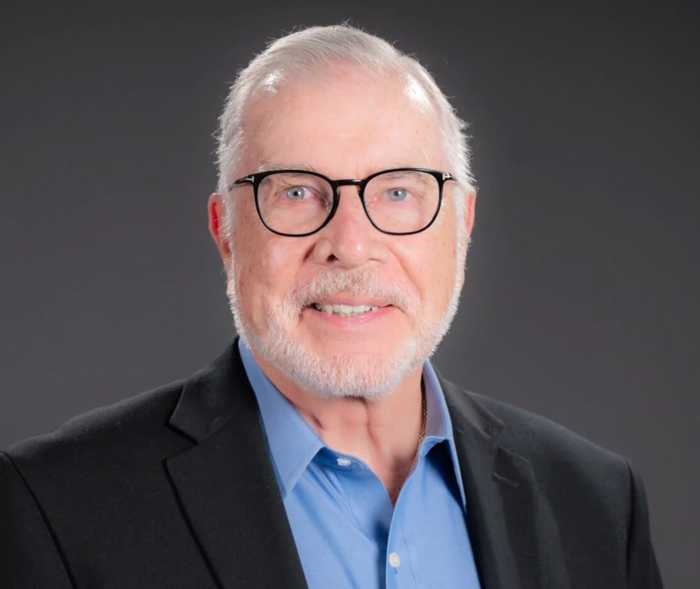A unanimous panel of the Ninth Circuit Court of Appeals has ruled that the second of two boys born together through surrogacy in Canada to a gay couple — one of them an American citizen, the other an Israeli citizen — was an American citizen from birth.
The October 9 ruling, affirming a February 2019 ruling by a federal district court judge in California, means that both of the boys — Aiden, conceived with the sperm of Andrew Dvash-Banks, the US citizen; and Ethan, with the sperm of his husband Elad Dvash-Banks — are considered US citizens from birth.
The case involves the interpretation of immigration law concerning the citizenship status of children born outside the US when only one of the parents is an American citizen. If a couple, both of whom are Americans, have a child outside the country that child is automatically deemed a US citizen from birth. In cases where only one parent is a US citizen, however, the State Department for many years has taken the position that the child can only be considered a US citizen from birth if the child is biologically related to the US citizen parent.
Ninth Circuit rejects State Department argument that one boy, conceived with Israeli father’s sperm, is no son to his American father
That posture flies in the face of what is known as the spousal parental presumption, which in its origins was a legal presumption that the husband of a woman who gives birth to a child is that child’s father for legal purposes. That presumption is now applied in US law to same-sex married couples and allows the spouse of the child’s biological mother or father to be listed as a parent on the birth certificate.
The State Department posture on the immigration statute impacts more than just same-sex couples. In fact, in its unanimous ruling the Ninth Circuit relied on two circuit precedents — from 2000 and 2005 — involving the State Department’s interpretation as it was applied to citizenship questions regarding the children of different sex couples.
In Scales v. INS in 2000, the circuit ruled that a Philippines-born man who moved to the US as an infant with his mother, a Philippine citizen, and her husband, an American serviceman stationed there, was a US citizen — and therefore immune from deportation on drug charges — even though the serviceman had long maintained he was not the biological father of his wife’s son. The Ninth Circuit applied the spousal parental presumption to find that the man facing deportation was the legal offspring of the American serviceman.
The Ninth Circuit applied the same principle in Solis-Espinoza v. Gonzales five years later, a case in which the American citizen parent was the wife of the child’s biological father, a Mexican citizen. Though the biological mother was a Mexican citizen, since the father was married to an American citizen wife at the time of his birth, that child could claim American citizenship “by virtue of the US citizenship of the woman he knew as his mother,” in the circuit’s words.
The challenge facing the Dvash-Banks family was particularly poignant since they now live in California and young Ethan Dvash-Banks is the only member without an unhindered route to US citizenship. His brother Aiden is recognized as a US citizen from birth since his biological father is Andrew. Elan can gain citizenship as Andrew’s husband. Ethan faces a taller hurdle.
In looking at their case, the State Department applied an internal policy that deemed both boys as born out of wedlock, even though Andrew and Elan were married at the time of their birth. As a result, no spousal parental presumption kicked in to benefit Ethan.
As the Scales and Solis-Espinoza cases demonstrate, the State Department’s handling of this question can affect a wide array of situations for both different- and same-sex couples, but Immigration Equality, which represents the family, noted that the policy has disproportionate impact on bi-national same-sex couples creating a family.
“After years of the federal government denying Andrew and Elad’s rights as a married couple, the Ninth Circuit has unequivocally ruled in the family’s favor,” Aaron C. Morris, Immigration Equality’s executive director and co-counsel for the family, said in a written statement. “No longer will these parents have to worry that their twin sons will be treated as if they were born out of wedlock simply because they have two fathers. This decision demonstrates yet again that it is far past time for the State Department to change its discriminatory policy.”
The Trump administration could seek review by a larger panel of the Ninth Circuit or by the Supreme Court. Though the State Department policy predates the Trump years, a President Joe Biden would hopefully take a different tack, with State changing its position to follow the strict statutory language that requires no blood relationship between the parent and the child and that recognizes children of same-sex couples as offspring of a marriage and not as children born out of wedlock.
To sign up for the Gay City News email newsletter, visit gaycitynews.com/newsletter.

